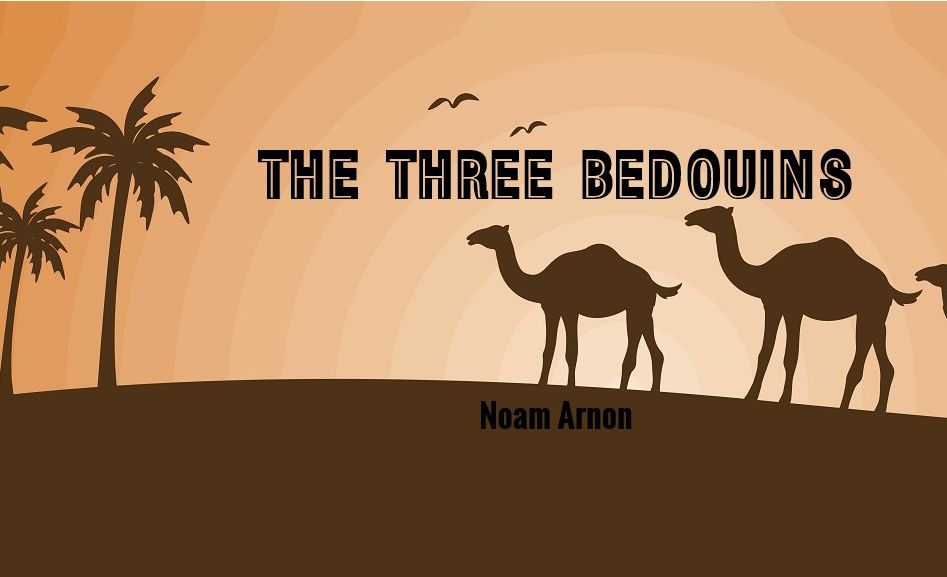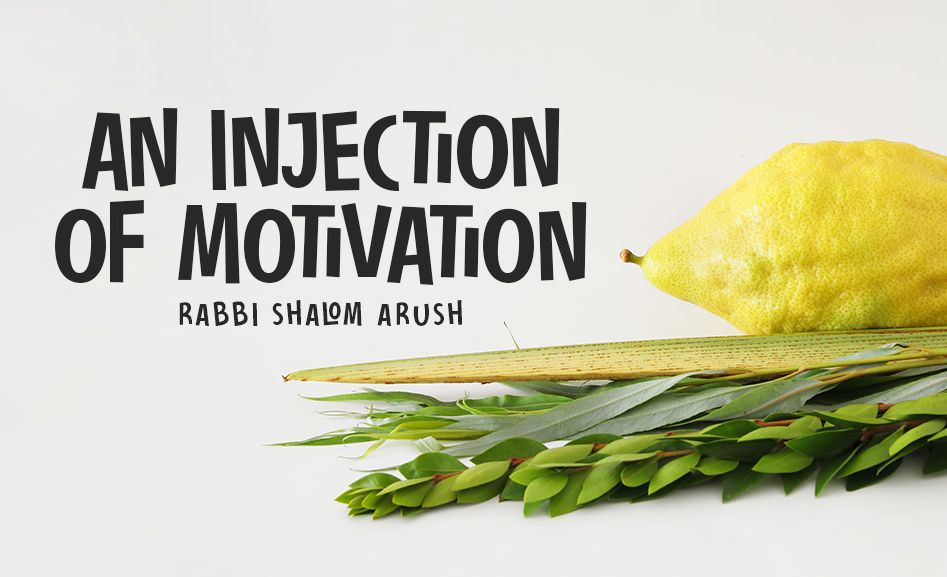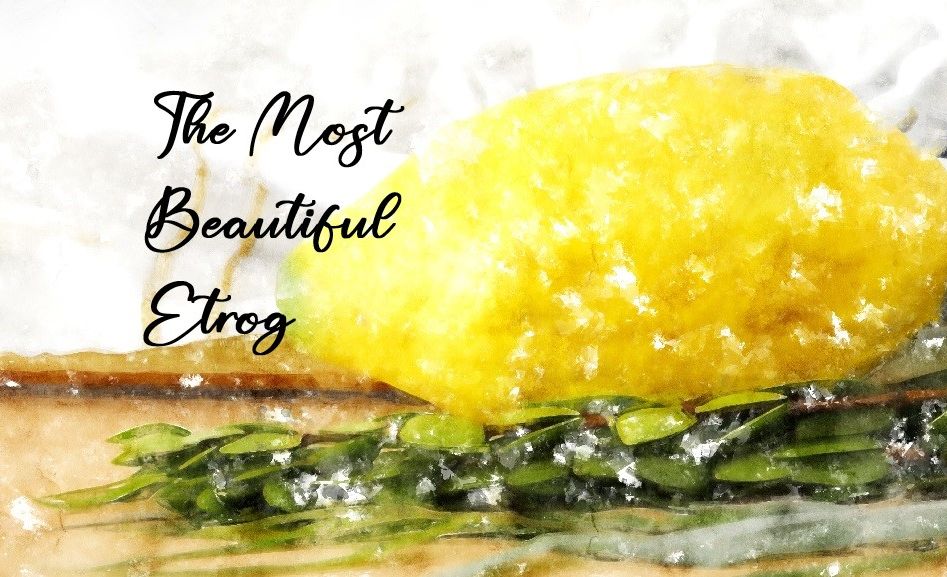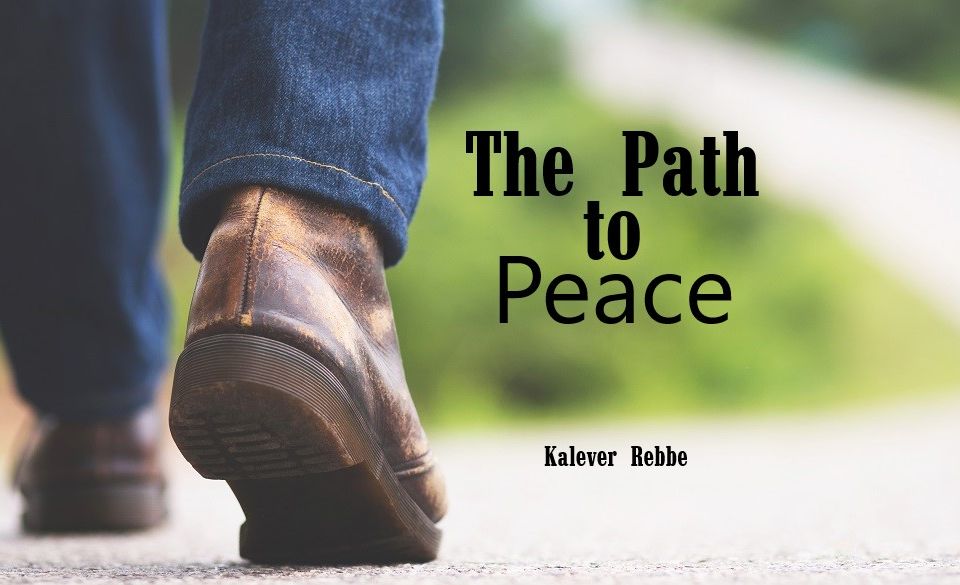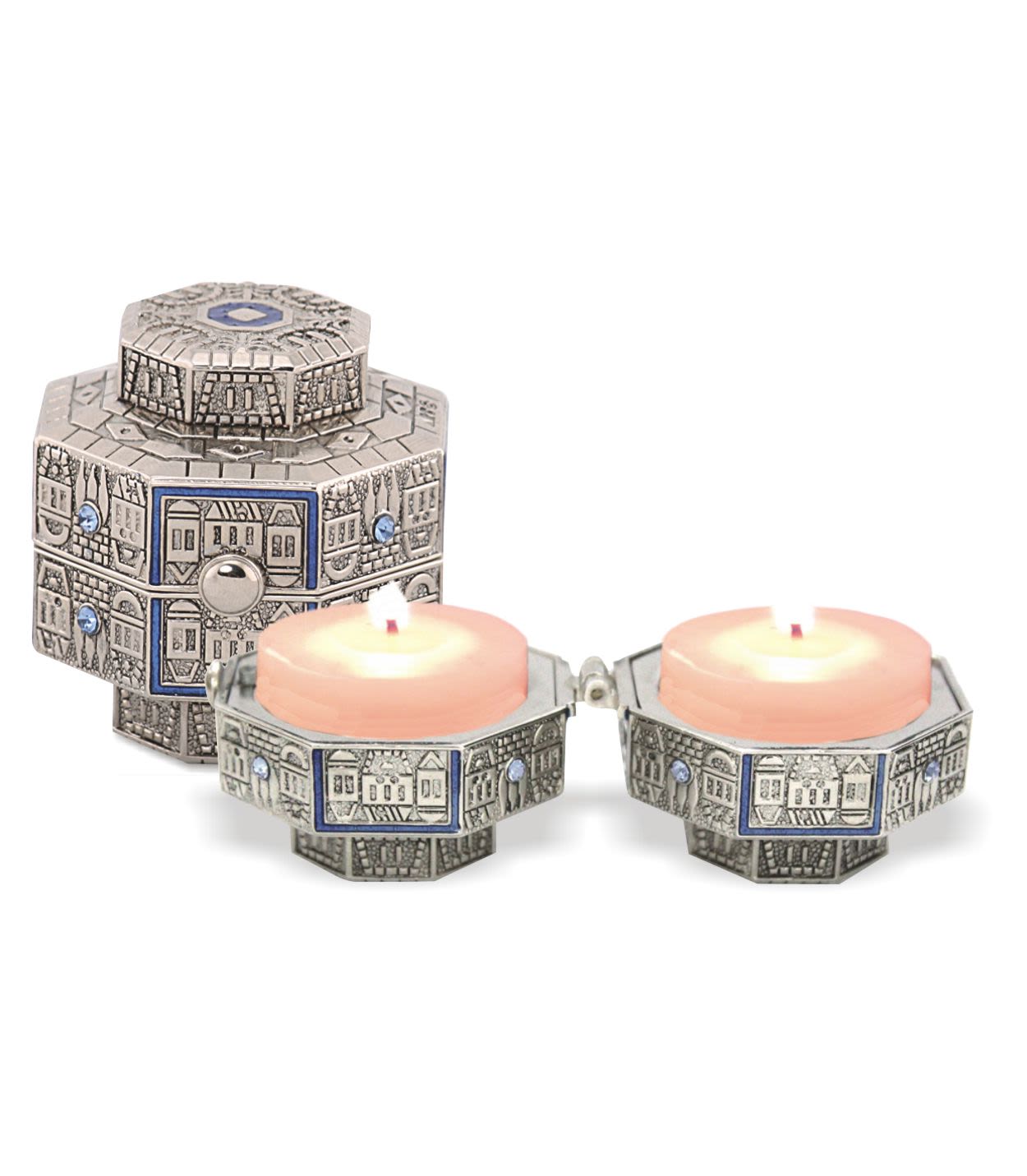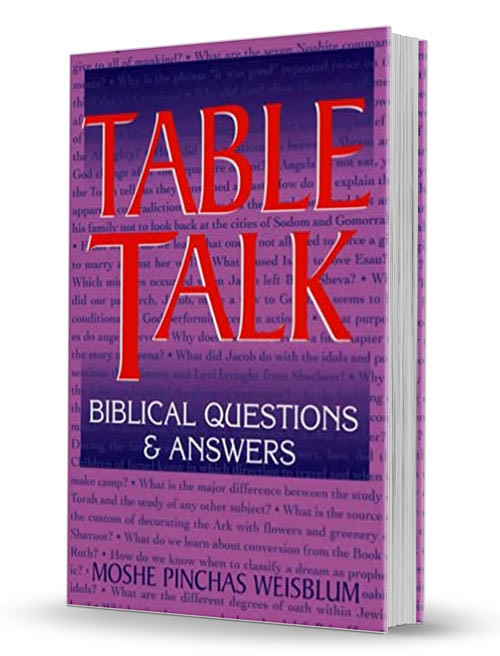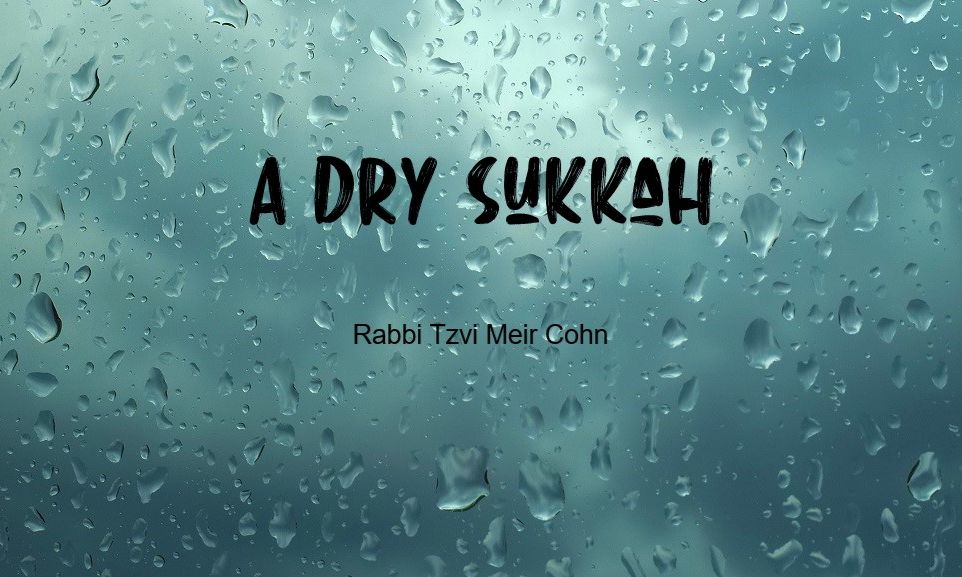
A Dry Sukkah
A story for Sukkot: Sometimes, in their quest to be "frum", people forget that their tongues must be holy; especially on Succoth, one should never discredit another person…

“During these seven days you must live in sukkot (thatched huts). This is so that future generations will know that I (G-d) had the Israelites live in sukkot when I brought them out of Egypt.” Leviticus 23:42-43
One year, in the holy community of Kitov, it poured with rained on the first night of Sukkot. Rabbi Chaim, a great Torah scholar and opponent to the fledgling Chassidic movement (“the Sect”), was slightly aggravated that he would not be unable to enjoy the first night in the sukkah (thatched hut covered with schach [typically branches or bamboo] so that the stars are visible). While waiting in his house for the rain to abate, R. Chaim saw one of his acquaintances casually walking down the street as if he had already finished his Yom Tov meal in the sukkah. When Rabbi Chaim inquired as to where he was going, the man told him that he was returning from having dinner in the sukkah of Rabbi Gershon Kitover (the brother-in-law and close follower of the Baal Shem Tov). “And Rabbi Chaim,” he continued, “there was a miracle there because not a single drop of rain 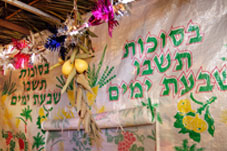 was falling through the schach.”
was falling through the schach.”
Rabbi Chaim asked his son to go to Rabbi Gershon’s sukkah and see if it really wasn’t raining there. When his son came to the Rabbi Gershon’s sukkah, he looked in and sure enough, everyone was sitting, talking and eating. There was not a single drop of rain coming through the schach into the sukkah. Rabbi Gershon invited Rabbi Chaim’s son to join them but he refused, explaining that he had to return to have Yom Tov dinner with his father.
When the son returned, he told his father, R. Chaim, that it was true. “Father, Rabbi Gershon was sitting in his sukkah, and I saw with my own eyes that there was not even a single drop of rain coming into the sukkah.”
Rabbi Chaim rolled his eyes. Of course he believed his son’s report, but he wasn’t that impressed. The rain finally relented and Rabbi Chaim and his son went into their own wet sukkah for Kiddush and the Yom Tov meal. Naturally, they discussed the miracle of Rabbi Gershon’s dry sukkah and other miracles that the so-called tzaddikim (Holy men) of The Sect were able to do. Rabbi Chaim said, “In my opinion, creating such miracles, as obviously done by our friend Rabbi Gershon, is against the spirit of the Torah.”
Early the next morning, Rabbi Chaim and Rabbi Gershon met on their way to the mikveh (ritual bath), in preparation for fulfilling the mitzvah of the lulav and esrog.
“Rabbi,” said Rabbi Gershon to Rabbi Chaim, “I understand that you were sitting in your sukkah last night and speaking loshon hara (slander) about me.” Rabbi Chaim answered with astonishment, “How did you find out about what I said in my sukkah? I was sitting there completely alone with my son. And I’m sure he didn’t tell you what I said. The only logical answer is that a Heavenly angel told you. But that seems impossible because an angel does not have the authority to speak loshon hara.”
Rabbi Gershon answered, “Our Sages teach us that ‘Whoever fulfills one mitzvah acquires one angel to speak up in his defense, and whoever does one transgression acquires one prosecuting angel to speak against him.’ So it was that prosecuting angel who you created last night by your loshon hara about me who came and told me what you said.”
And so it was.


